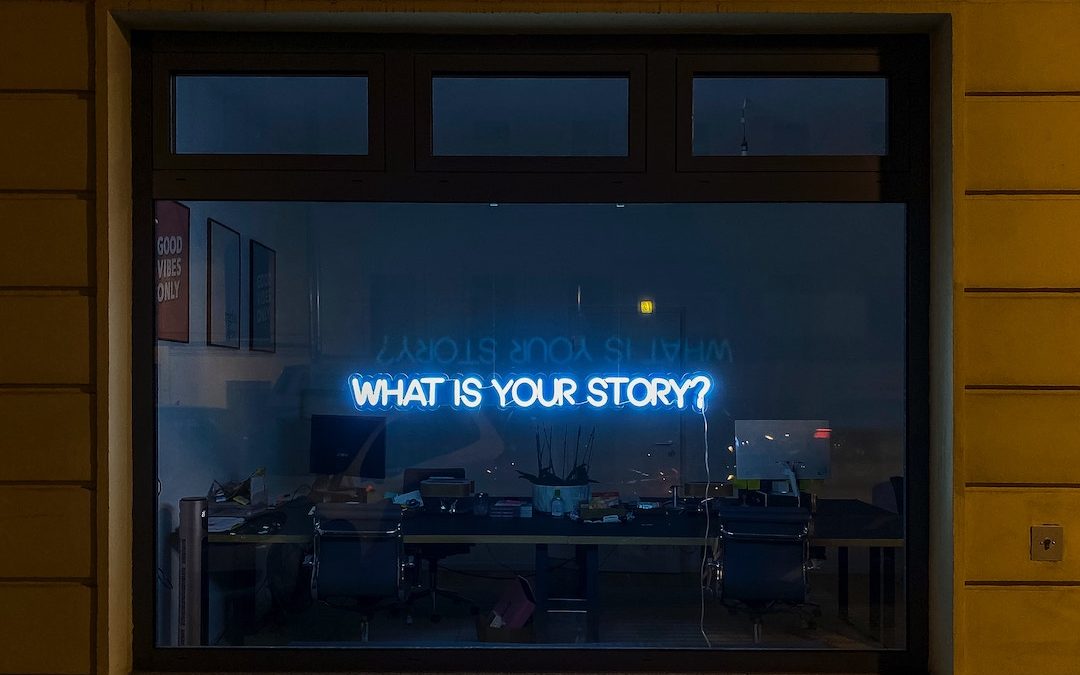Part of collecting ideas includes not just searching outside yourself but also searching inside.
I suppose this could also be a step in the process of developing ideas.
We all have unique experiences and backgrounds that have shaped us into unique people. Why wouldn’t we delve into that history to pull out some ideas for stories and content? Writers are, after all, told to write what we know. So our lives and memories are a treasure trove of ideas.
Here’s how we can unlock and open up that treasure trove.
1. Start by remembering.
I acknowledge that some events in our pasts might be unexplored indefinitely (and intentionally) because they cause us pain and heartache. It’s okay to figuratively block those off until you’re ready to approach them—if ever you are.
But we also likely have all kinds of memories that aren’t painful—disappointing, maybe, or a little bit scary or really, really happy—whether those memories are things we did with other people, learning experiences, trips and vacations, big events like graduations and sports games and band concerts or competitions. Start with these. Think about the things you remember. Are there any memories that contain the seed of a story idea, something you could build a character around or a place you went once upon a time that would make a perfect setting for a murder mystery or a romantic meet cute or a creepy location for a horror scene?
Memories hold all kinds of potential for story ideas. I’d suggest making a list of the big ones and seeing if that opens up some of the smaller ones—and then mining them in turn for any kind of creative writing you might do.
2. Consider the things that are most important to you.
Make a list of the things you care about. Family, maintaining healthy friendships, kids owning their power and remembering they’re magnificent. Environmentalism. Integrity and honesty. Writing. Running. Being fit in general. Music. Books. Gender equality. Equality in general. Climate change. Social justice. Homelessness. There are so many more things I care deeply about. I’m sure there are many things you care deeply about, too.
How can these places of deep care help you come up with story ideas? Well, they could be themes. Or characters who have expertise in one of your areas of interest (because it’s fun learning more about the things we care about!). Or they could frame a whole story.
I’ve written books about musicians, kid environmentalists, runners (lots of these), characters who are writers and journalists, books focused around media literacy and gender equality. When we care deeply about something, it’s worthwhile to put it in a story or composition—because the care comes through onto the page. And sometimes it’s contagious.
3. Collect your daily life in journals.
I know. Here I go again, talking about journaling. You might be tired of hearing me try to convince you to journal, but this is yet another reason to do it—you can get writing ideas from it!
When I was writing for Huff Post and Babble, I often used journal entries as a springboard for my humorous parenting essays—because those early parenting years I collected all kinds of funny, maddening, overwhelming, joyous moments in my journals. It made coming up with new essay ideas practically simple.
These days I’ve used my journal entries for essays, fiction, memoir, and even poetry ideas—in fact, when I find myself bereft of ideas, I’ll pick a journal at random from my shelf and start reading at the beginning or in the middle. Some seasons I’ve been so obsessed with quality of sleep that I’m developing a humorous character who stresses endlessly about sleep.
Give it a try. You might be surprised how many ideas follow just putting a pen to the page.
I hope these tips have been helpful for you; I’d love to know how you use yourself or your experiences to generate writing ideas.
Have a fantastic month of generating ideas and writing!


